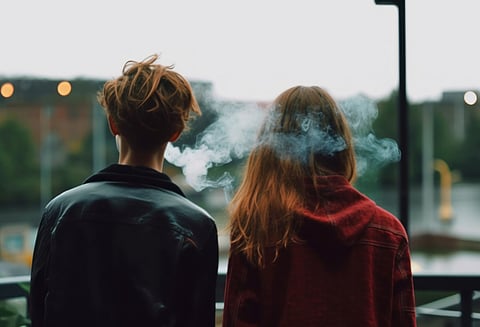TUESDAY, Oct. 10, 2023 (HealthDay News) -- Flavoring added to small, cheap cigars is making these the second-most popular tobacco product among youth, a new report shows. The Rutgers University Institute for Nicotine and Tobacco Studies and the Campaign for Tobacco-Free Kids compiled the report, which shows how tobacco companies have flooded the market with these products that appeal to children.
Overall, cigar sales more than doubled between 2000 and 2021, which the report says were largely driven by increased sales of smaller cigars. Flavored cigars comprise about half the market. About 500,000 youth use cigars, with more than 800 children a day trying cigar smoking for the first time. Black youth have the highest rates of cigar smoking. Black high school students use cigars at 1.5 times the rate of White high schoolers, the report showed.
The U.S. Food and Drug Administration is poised to issue a final rule prohibiting flavored cigars, after announcing a proposed rule in April 2022. The ruling is based on evidence that cigar use poses serious health risks and that flavors increase their appeal, especially to youth. Removing them from the market would reduce the number of youth who smoke them. The FDA is also expected to bar menthol-flavored cigarettes.
Authors of the new report are calling on the FDA to implement the new cigar rules without delay. They also called on states and cities to continue efforts to end the sale of all flavored tobacco products.
The report also highlighted a number of other findings. A majority of youth who smoke cigars start with a flavored cigar. Flavors mask the harshness of tobacco, making cigars easier for a beginner to use, according to the report. Nearly three-quarters of youth who smoke cigars said they do so "because they come in flavors I like." The brands most popular with youth come in an array of candy and fruit flavors, which the report said give the impression a product is less harmful.
Flavored cigars are marketed in ways that appeal to youth, including the use of shiny, colorful packaging, use of social media trends, sponsoring of concerts and other events, recruiting celebrities for endorsements, and keeping prices low. Many strategies are used to promote cigars, specifically in Black communities, according to the report.
More Information


